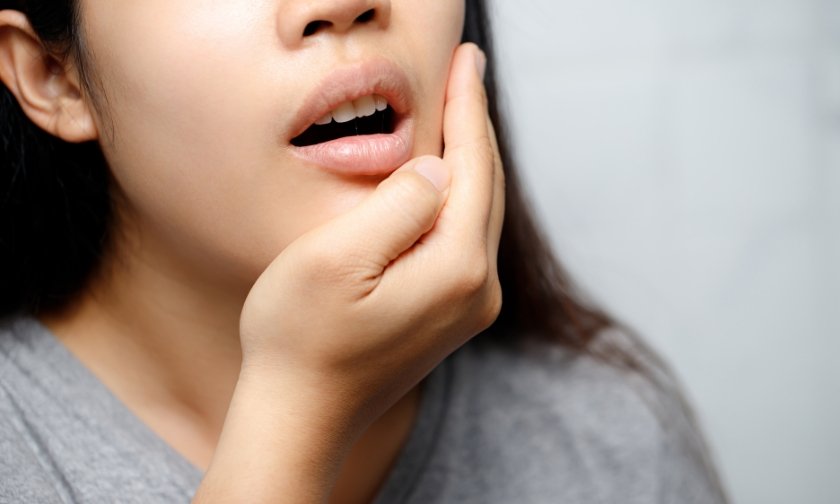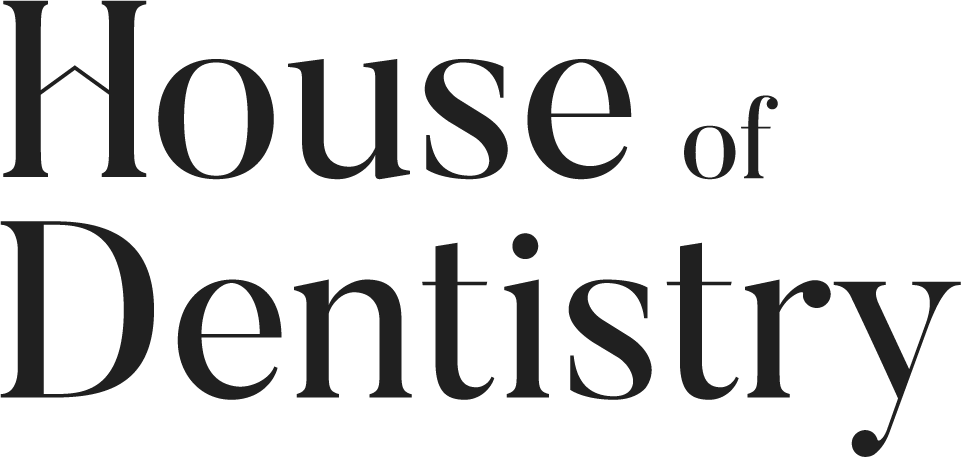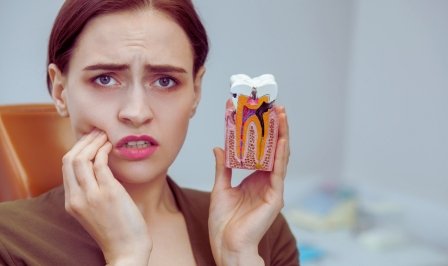

Your day was fine—busy, productive, maybe even fun. Then, as soon as you lie down for the night, a sharp, throbbing pain erupts in your tooth. Sound familiar? You’re not alone. Many people find that their toothaches worsen at night, disrupting sleep and leaving them desperate for relief. But why does this happen? Is it just your imagination, or is there a real reason for the nighttime agony? Let’s break it down.
Blood Flow: The Hidden Culprit
When you’re upright during the day, gravity helps regulate blood circulation throughout your body. But the moment you lie down, blood rushes to your head, increasing pressure in sensitive areas—including that aching tooth. More blood flow means more inflammation, making pain feel sharper and more intense.
Less Distraction, More Pain Awareness
Throughout the day, you’re busy. Work, conversations, errands—your brain is constantly occupied. At night, however, all distractions fade. Without external stimuli, your focus shifts to the discomfort, amplifying the pain. That minor ache you ignored all day suddenly feels like a full-blown crisis.
Nighttime Jaw Clenching and Grinding
Many people clench their jaws or grind their teeth while sleeping, often without realizing it. This habit, called bruxism, puts extra pressure on already sensitive teeth and gums, worsening existing pain. If you wake up with sore teeth or a tight jaw, bruxism could be making your toothache even worse.
Dry Mouth and Increased Sensitivity
Saliva is your mouth’s natural defense against bacteria, helping to neutralize acids and wash away food particles. At night, saliva production decreases, allowing bacteria to thrive. The result? More irritation, heightened sensitivity, and increased discomfort—especially if an infection is already brewing.
Hidden Dental Issues Exposed
A nighttime toothache can be a warning sign of an underlying problem. Cavities, gum infections, abscesses, or even a cracked tooth might not be as noticeable during the day but become unbearable at night. If pain persists, it’s best to see an emergency dentist before the situation worsens.
How to Ease Tooth Pain at Night
While a visit to a dentist is the ultimate solution, here are a few tricks to get through the night:
- Sleep with your head elevated: This reduces blood flow to your head, lessening pressure on the affected area.
- Take over-the-counter pain relievers: Ibuprofen or acetaminophen can help manage pain temporarily.
- Apply a cold compress: A cold pack on your cheek for 15 minutes can numb the pain and reduce swelling.
- Rinse with warm salt water: This helps kill bacteria and soothe inflammation.
- Avoid sugary or acidic foods before bed: These can worsen sensitivity and pain.
When to Seek Emergency Dental Care
Some toothaches are minor and pass quickly, but others demand urgent attention. Seek help from an emergency dentist if:
- The pain lasts more than a day or two.
- There’s swelling in your face or gums.
- You experience fever or chills.
- You have trouble swallowing or breathing.
Ignoring a severe toothache can lead to bigger problems, including infections that spread beyond your mouth. Don’t take the risk.
Don’t Let Nighttime Tooth Pain Ruin Your Sleep
Toothaches that worsen at night are more than just an inconvenience—they could signal a serious dental issue. Whether it’s increased blood flow, lack of distractions, or underlying infections, knowing the cause can help you manage the pain until you see a professional. If your toothache refuses to let you sleep, don’t wait. Get in touch with a trusted dentist in Metuchen to put an end to those sleepless, painful nights!




